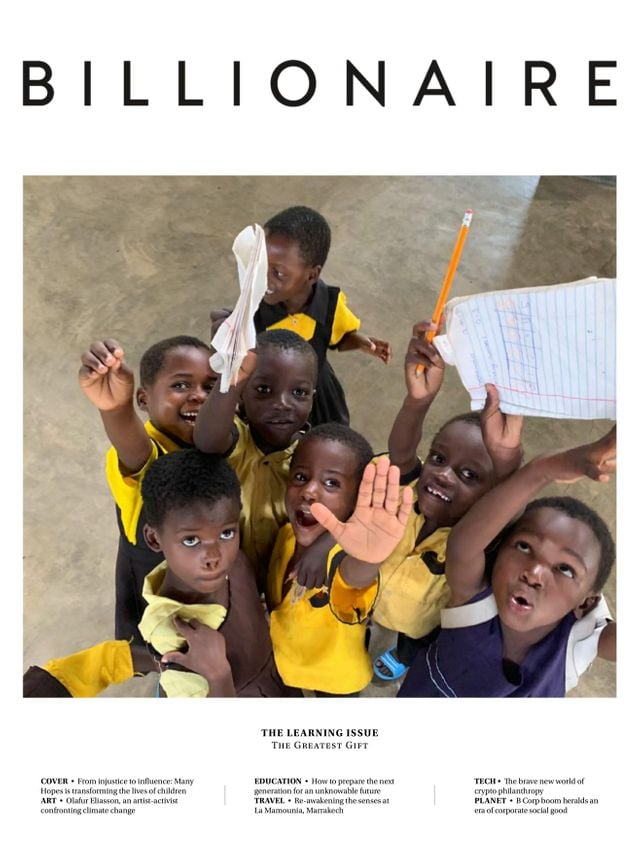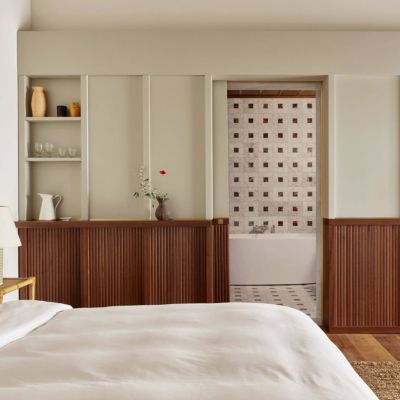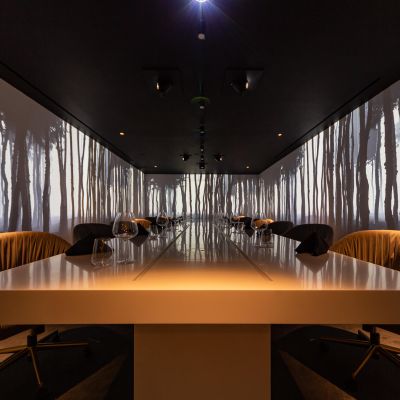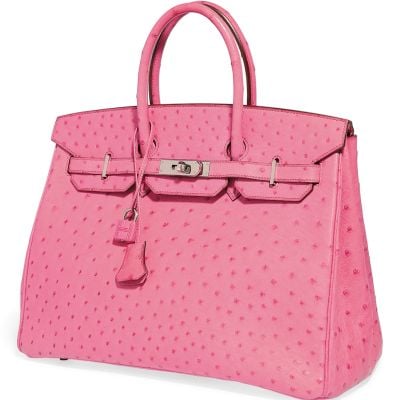Beyond The Office
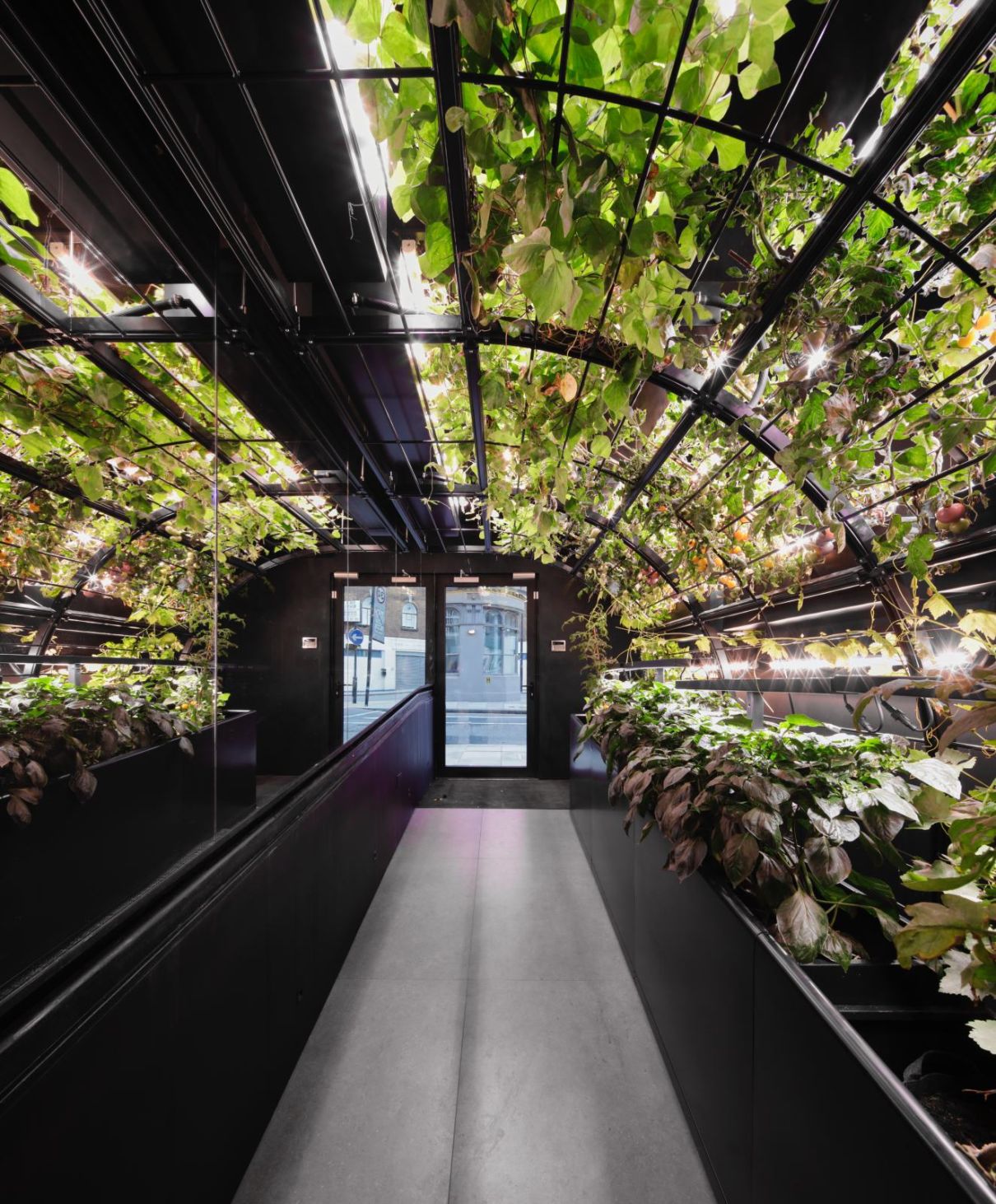
In the ‘age of the great resignation’, future workplaces will need to court staff with ethics and extras.
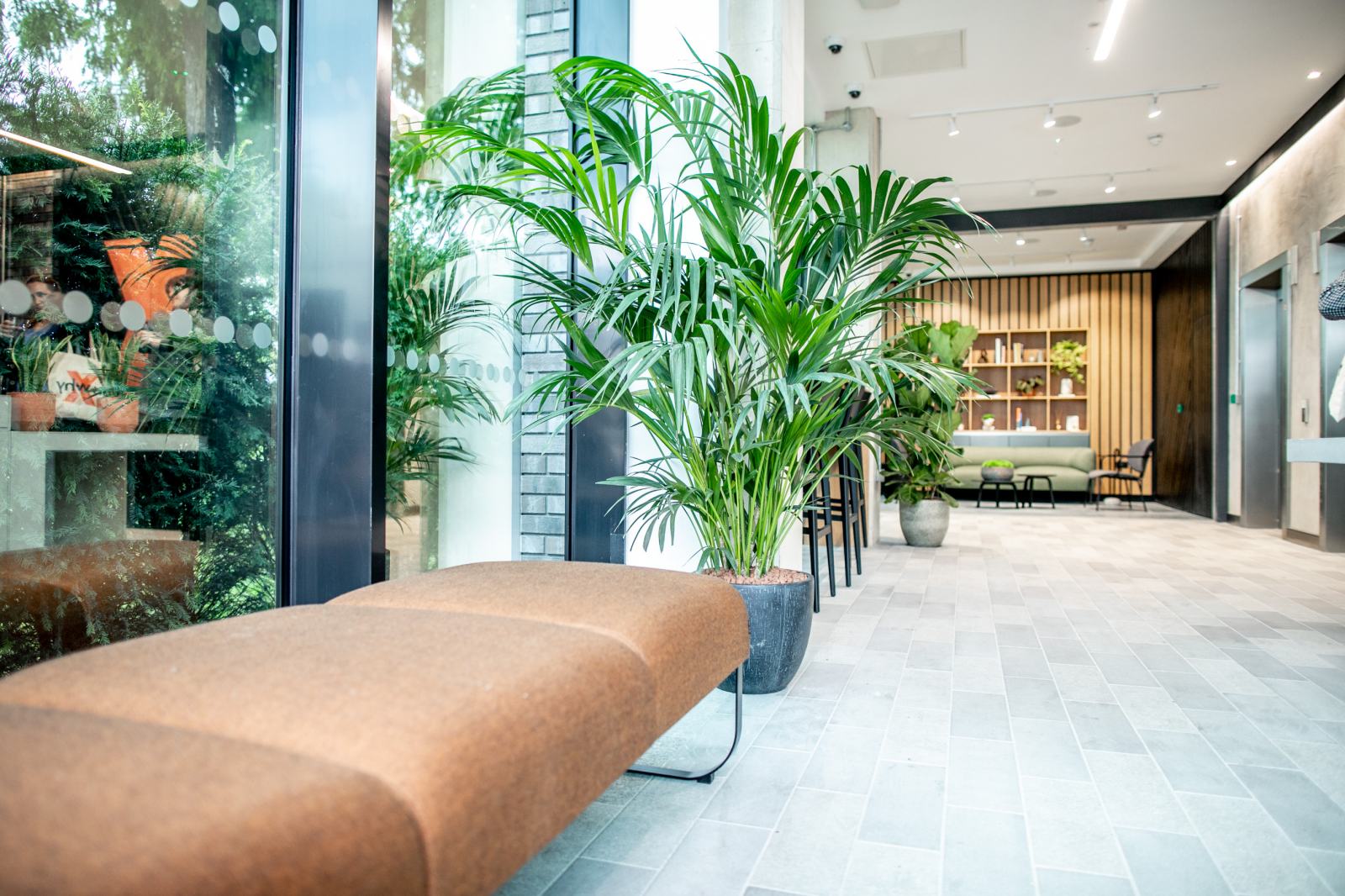
In a post-COVID world where people may be more reluctant to come to the office, a new workforce generation places more importance on a sustainable workplace over historic priorities such as pay and company cars. The attractiveness of office working has been brought into view following the pandemic and companies are now looking to reposition offices as hubs to bring workers back to the workplace and create environments for creativity and teamwork.
Research by the University of Exeter has shown that enriched offices are also psychologically advantageous because they communicate and help build a sense of belonging and shared identity. For a third of people surveyed, quality of workspace is a deciding factor in accepting a job, and enrichment of the workspace signals attempts are being made to enhance staff well-being and environmental comfort.
Mindful of this trend, several new co-working companies have opened their doors, hoping to draw companies looking for something a little extra.
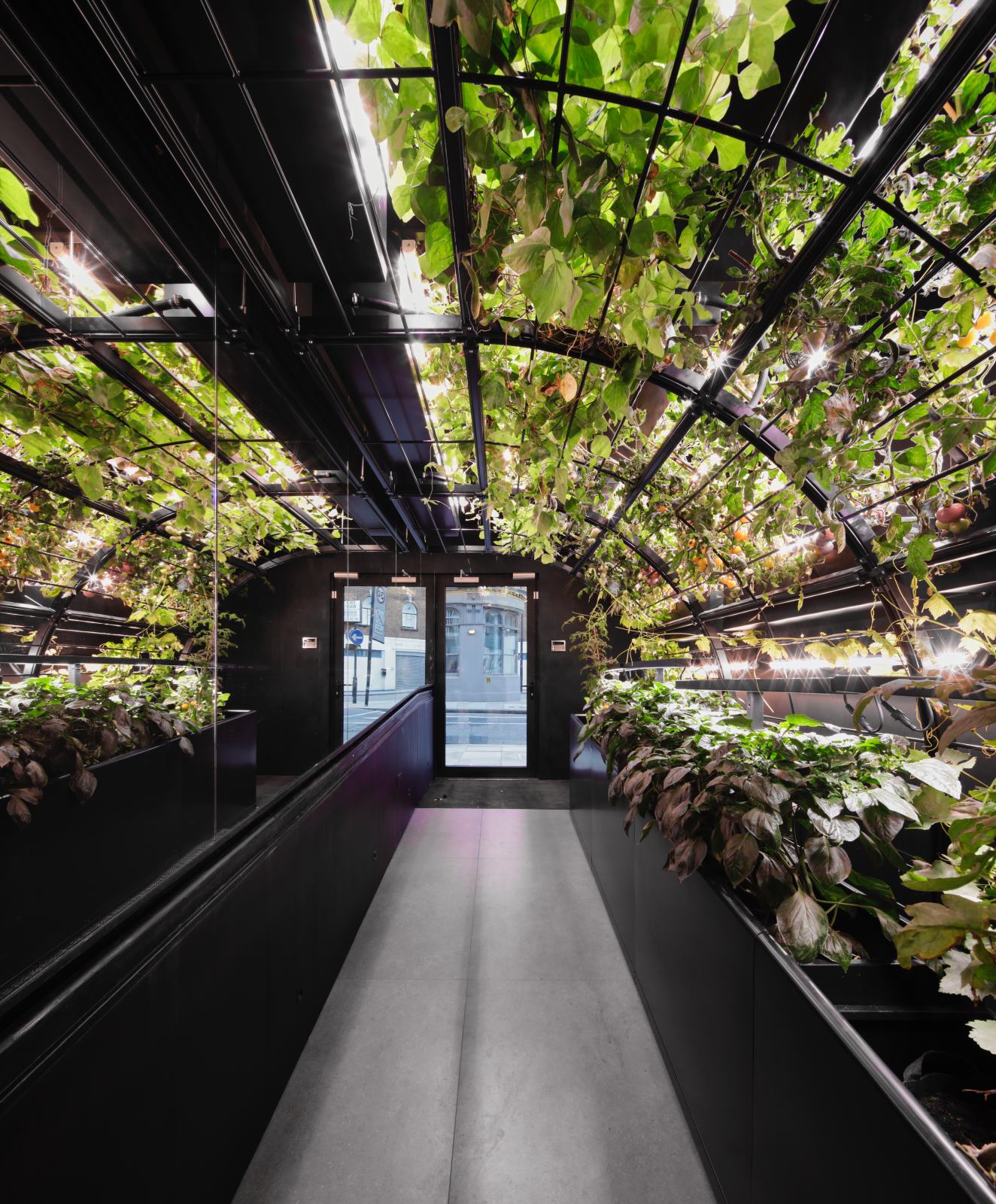
Plantworks is an urban farm integrated into an office space that launched this year in London’s King’s Cross, Britannia Road, which assigns occupiers an area to grow their own fruit, vegetables and herbs. Over four floors, it has 7,000 plants of more than 20 varieties (including tomatoes, peppers, zucchini, herbs, rocket, passion fruit, strawberries, raspberries, orange trees, lemon trees, avocado trees, onions, garlic, fennel, carrots and more). An onsite coffee and juice bar replaces the typical reception desk, where people can enjoy their harvest. The plants alone accounted for almost 10 percent of the development budget. Rent at Plantworks is around £70-85 per square foot, so a 1,000-square-foot space costs £70,000 a year in rent.
Plantworks is the brainchild of Clemente Capello, a financier and co-founder of Sturgeon Capital, a London-based investment manager. He calls himself “a city boy” but during lockdown he spent a few months in rural Uruguay with his Argentinian wife, a time surrounded by nature that taught him the benefits. “I never spent so long out of a city and it felt great.” The concept for Plantworks stemmed from conversations around businesses looking to attract talent. The office has become very much part of a company’s brand image and plays an ever-greater role in attracting talent as understood by WeWork, with its dog-friendly offices, wellness rooms, barista bars and Instagrammable neon signs.
“If people feel better, they’re going to be more creative, more engaged, better team players and ultimately more productive. If you’re looking at quality companies, your real assets are your people,” he says.
Capello concluded that, especially the sense of “nurturing” something adds value, says Capello. “Nurturing is uplifting. Whether it is a baby, a pet or a small plant, it makes you feel loved, helpful and fulfilled. Without getting too philosophical, technology has made us comfortable; that is different from being happy or fulfilled. Bringing home something that you have seeded, taken care of and grown is uplifting.”
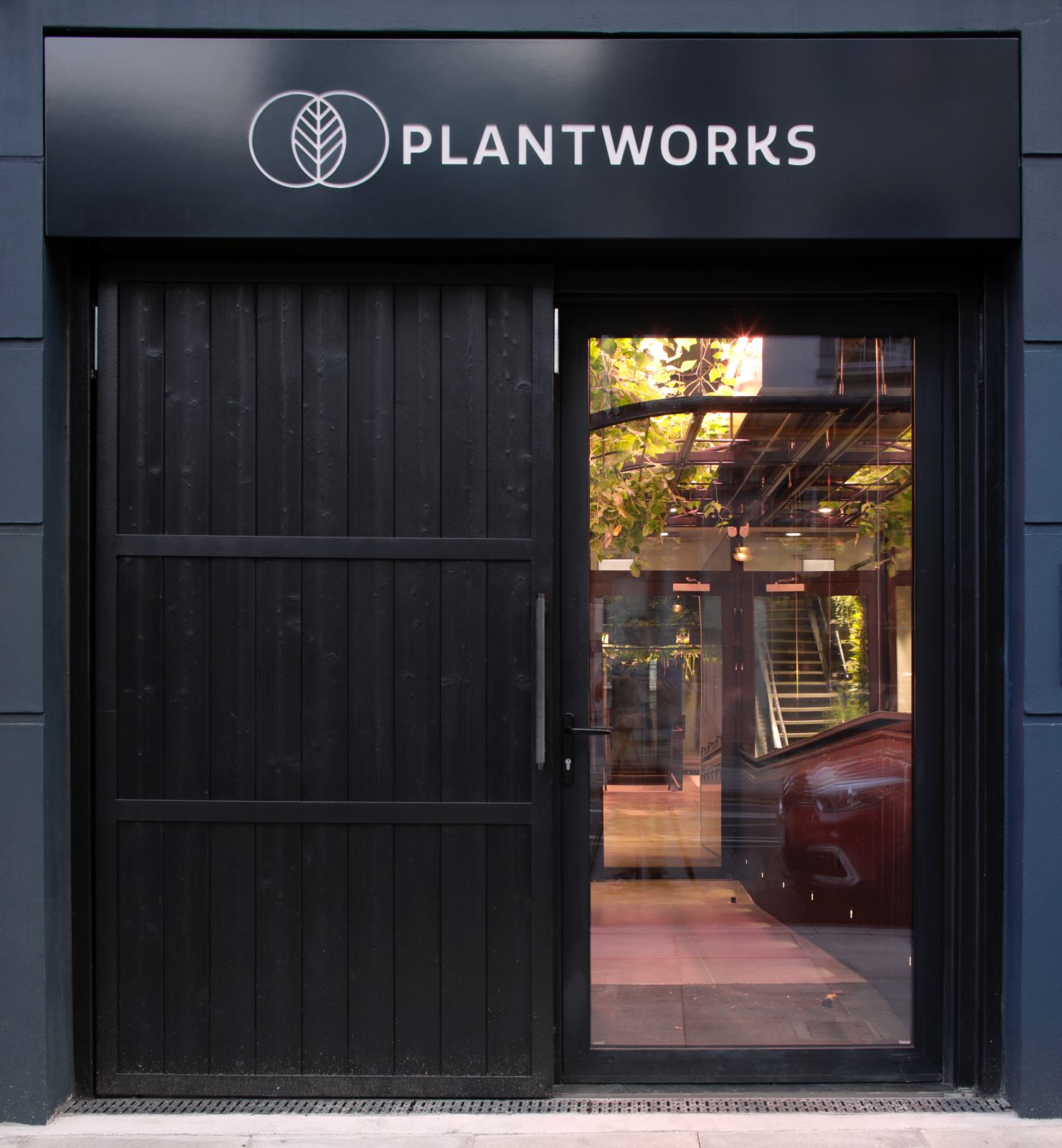
The perceived social responsibility of companies has also become more important, says Capello, which is why it was key to incorporate renewable energy: from solar panels on the top of the building to rainwater-storage systems. Also, Plantworks will donate surplus produce that is not taken home by employees, to charities, including Felix Project and City Harvest London.
Back in King’s Cross, Sturgeon Capital, Capello’s firm, has just moved into the basement. He says his employees “love it”. He sees them happily cultivating their plant, so far just a black bamboo. “While it is nothing substantial, it is amazing the feeling of satisfaction you can achieve from growing a tomato. It is like having a pet; it works miracles for your mood.”
Another exciting co-working space is about to open in Brussels. Television, film producer and art collector Frédéric de Goldschmidt has opened a co-working space called Cloud Seven in the centre of the Belgium capital. A multi-storey building showcasing more than 300 works from de Goldschmidt’s private art collection, Cloud Seven features emerging artists from 1960s and 1970s art movements, including the Zero Group and Arte Povera, as well as conceptual and minimal art.
The older half of the building, which dates back to the 1820s, will be an exclusive private members’ club and co-working space, spanning seven floors and 1,500 square metres. It will include two private residences, as well as two lofts for short-term stays, a recording studio, screening room, bar, and fully equipped gym.

An inaugural exhibition opened last November as a preview to the official opening of the co-working space in February 2022. “The role of a collector is to be a custodian for future generations: to preserve, protect, share and enlighten,” says de Goldschmidt. “At Cloud Seven, I will show pieces that are lesser-known, exhibit younger artists, and push a wider audience to discover new talents, confront ideas and ideals.”
Meanwhile at four locations in London (and soon to be in other UK cities) X+Why is a co-working space that runs a fast-track advisory course for its tenants to become B Corporations, a stamp that certifies a company is legitimately giving back to society.
For many firms, the idea of applying for B Corp status is intimidating. That is why friends Rupert Dean and Phil Nevin decided to found X+Why. So far, of its 90 tenants, around 30 have applied for B Corp certification, with 10 having already achieved the qualification.
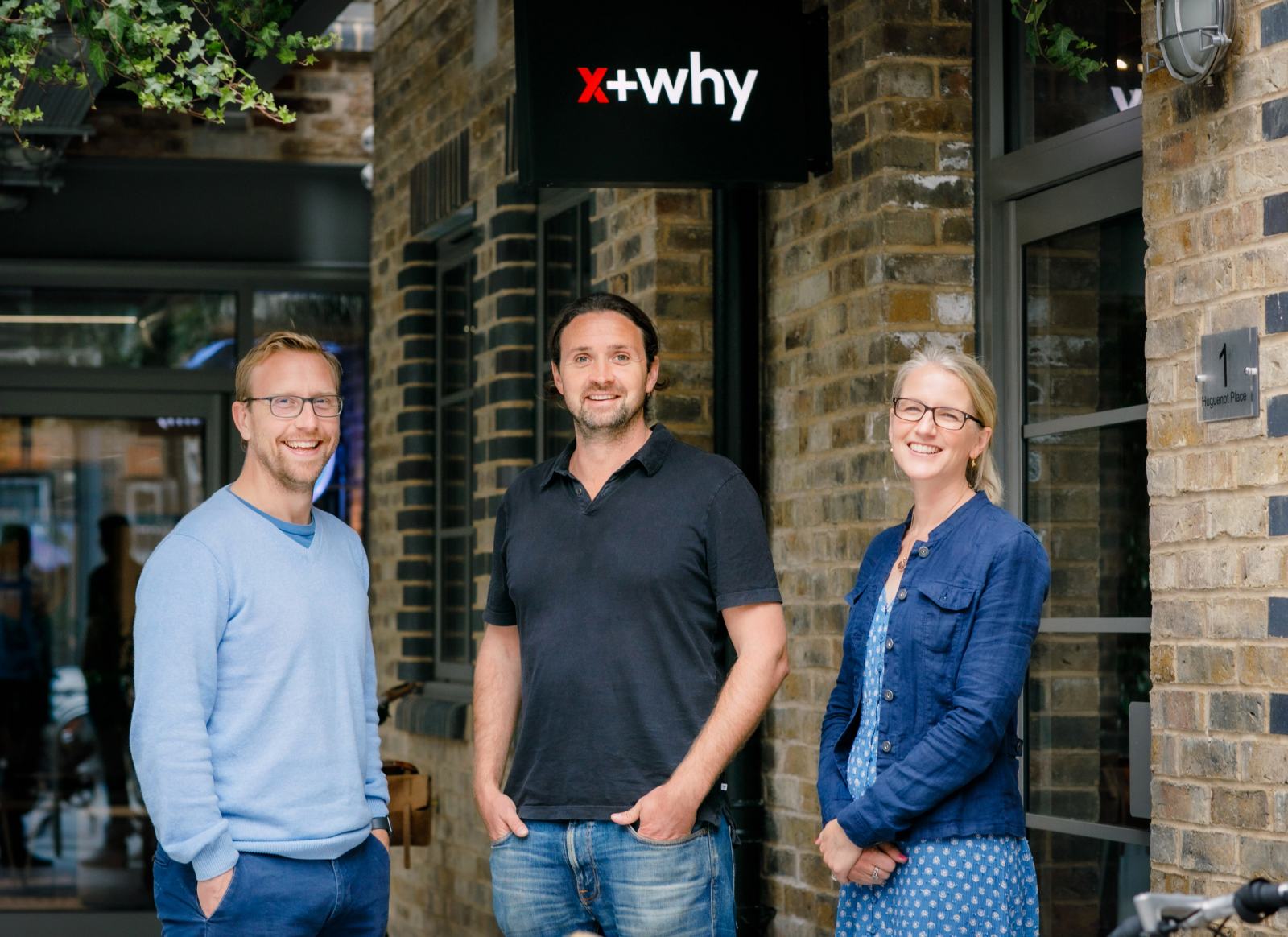
X+Why is also carbon-neutral, having reduced its emissions as much as possible through using local building resources and auditing its supply chain, as well as offsetting some £4,000 annually in carbon-removal credits per location.
One of its tenants to recently gain B Corp accreditation is Toast, a brewery that makes beer out of leftover bread. Another is Bethnal Green Ventures, a venture-capitalist company that focuses on start-ups that tackle big social and environmental problems.
Members get five extra B Corp points just by being in a carbon-neutral building. Nevin says the lightbulb moment came when he realised that cost was not a barrier to entry to achieve B Corp status, it was more a lack of knowledge. During an interview at its flagship co-working space in Whitechapel, Nevin recalls: “You make an initial commitment of time to go through the B Impact Assessment. We did about one day per week’s work on it for about three months to arrive at the point of applying. Once you are through the verification cue, you ‘go live’ with B Corp’s head office, which is a short, sharp process when they evaluate your responses and ask for evidence of selected responses to be produced. This was around an additional half day per week for three weeks. It may take more time overall for others; we had the advantage of setting the business up knowing we wanted to become a B Corp. You do pay a fee once you have certified, but it is pegged against your turnover so relative, affordable, and not a barrier to entry.”
X+Why believes that the future of work lies in companies that put people over profit, considering their social impact, employees and their suppliers. Dean says: “These businesses attract best-in-class talent, build better relationships with customers and suppliers, make a positive impact in society and build a more sustainable, long-term, ethical and profitable brand.”
This article originally appeared in Billionaire's Learning Issue, Winter 2021. To subscribe contact

